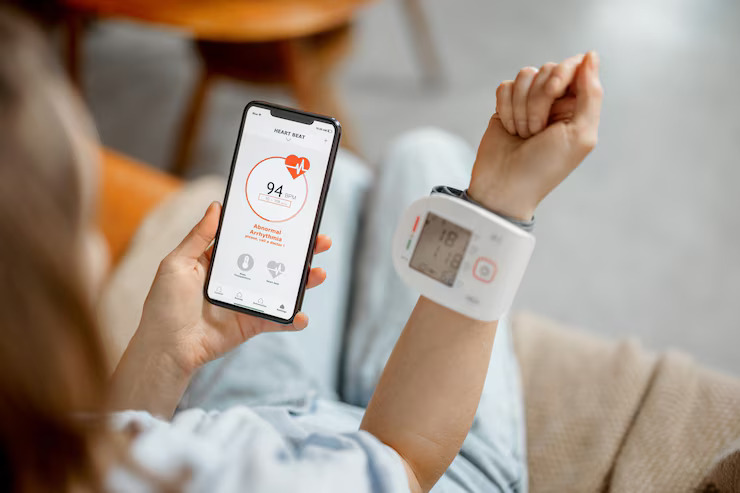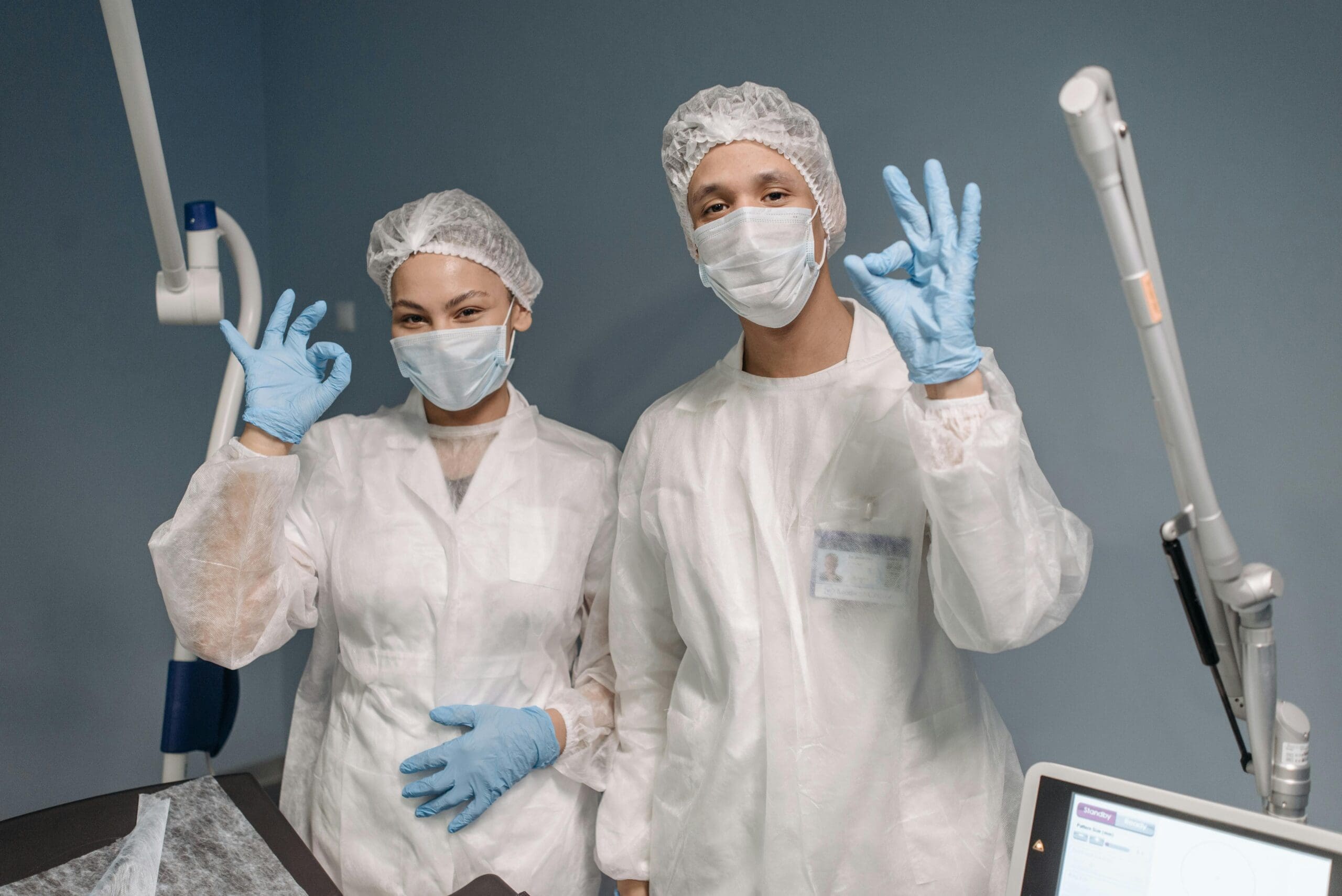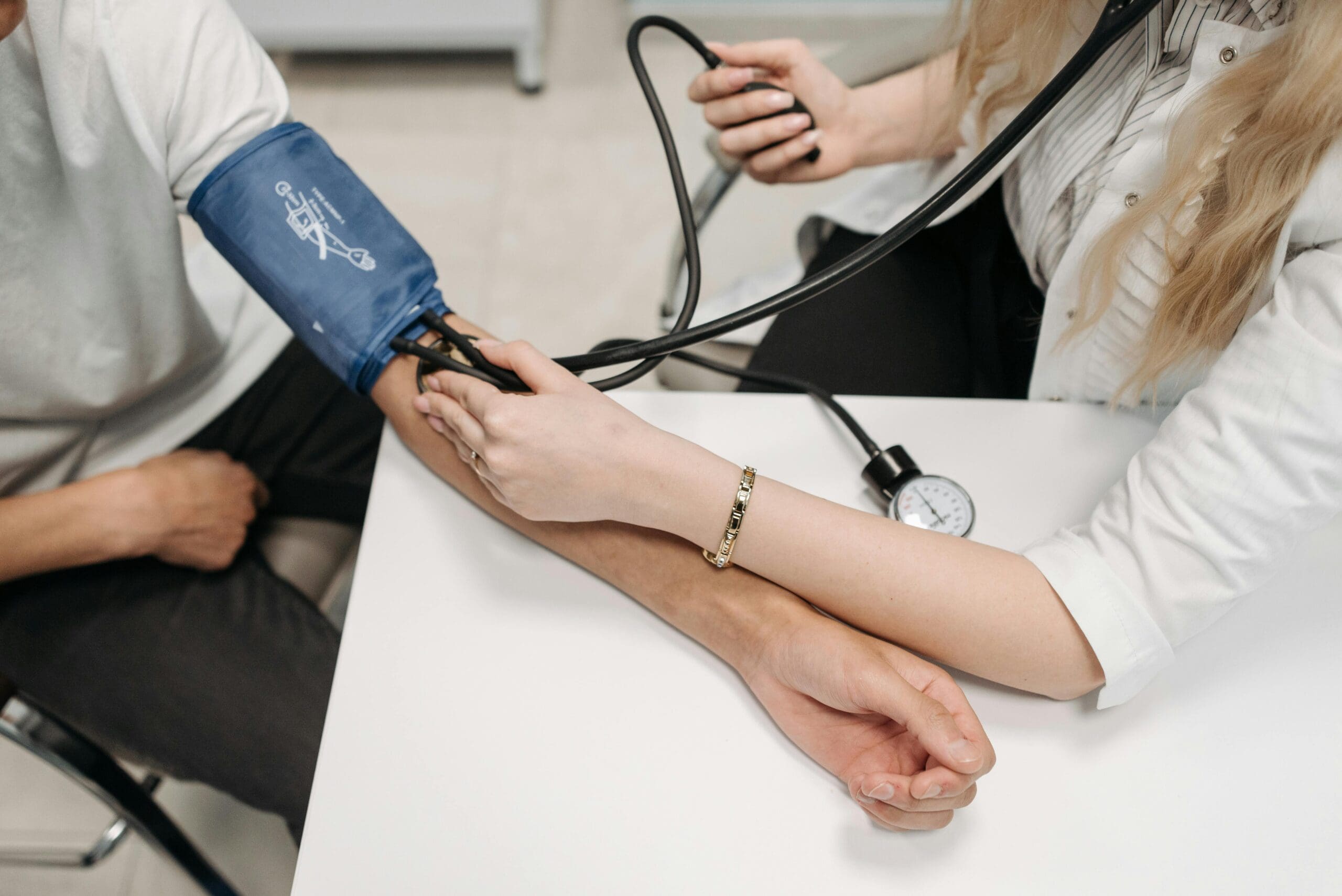Clinical trials typically require a person to visit the research site regularly to undergo staff-led evaluations and discussions in order to understand the effects of the intervention. Between March 1 and April 26, 2020 alone, there were 905 suspended clinical trials due to the pandemic. The clinical trials that managed to continue have experienced problems, in terms of enrollment, for the studies that require in-person contact.
In order to address these COVID-19 related obstacles, as well as look to the future of the industry, clinical trial investigators are looking for alternative ways to conduct trials remotely. It is important to give special consideration to older adults when planning alternative trials, as they are at a higher risk of developing a serious illness from COVID-19. Additionally, patients with underlying health issues like cardiovascular disease and diabetes are even more vulnerable.
With those considerations in mind, here are a few examples you can expect to see implemented in an effort to include older adults in remote clinical trials:
Constant Human Touch Points
The Baby Boomer Generation is more tech-savvy than generations before them. They actively use social media sites without assistance and no doubt are more familiar with computers and smartphones. That said, asking them to participate in a clinical trial virtually is an entirely different task, so clinical research staff should be prepared to offer on-going support. For instance, you can call the participant before the actual appointment time to confirm if they are able to access the platform you will be using without technical issues. An important thing to communicate to a patient participant is the study design itself, which is mainly how the concept of a remote trial will be executed. From e-consent and assessment to linking them to remote telehealth interventions, such as a mobile app-based treatment or telephone counseling.
It is important to be flexible and offer communication options, as changing channels may clear up any confusion. If the patient participant prefers to talk to you over the phone, because trying to access the video platform (even with instructions) may still be quite confusing for them, then the clinical research team should allow for adjustments. This ensures that all the participants in the trial are catered to, increasing patient compliance and retention, which in turn increases the chances of a study’s success.
Specialized Healthcare Workers
Specialization in healthcare is an integral part of the overall patient experience, which also allows a professional to gain experience through continuous practice of a certain aspect of treatment. This results in increased output and reduced errors. In the case of older adults, the specialization of their care is called gerontology, and it is one of the advanced nursing practices that is steadily growing in the United States due to the country’s rapidly aging population. The specialization requires healthcare workers to first build a good foundation in informatics, genetics, and other topics relevant to the care of older adults. They can then combine this knowledge with practical applications.
For example, an adult-gerontology primary care nurse practitioner can provide patient education regarding lifestyle changes, such as medication management. These nurses typically work with geriatricians, doctors who specialize in gerontology, to help prevent and treat age-related health concerns. For a clinical trial to be successful, gerontology nurses and specialists are often involved to ensure that it is safe for all participants. They are also likely to help oversee the trial—from the beginning stages until the end.
Use of Wearable Technology
Wearable technology is a category of electronic devices that can be worn by the user. Most Americans have at least one wearable device, which is a sign that patients would generally be open to using these products for the sake of their health. And this is a great sign since wearables have untapped potential regarding their use in clinical trials. The most known wearables are fitness trackers like the Apple Watch and FitBit. However, there are many other kinds of wearables as well—such as ECG watches and blood pressure monitors.
Wearables improve remote patient monitoring. This can be very helpful to clinical trials since researchers will be able to see how well a drug or medical device is working based on the passive data they collect from the wearable device. They also notify the care team, should any adverse reaction occur, so it can be immediately addressed.
The COVID-19 pandemic has caused an abrupt halt to in-person interactions and that obstacle has led researchers to re-examine how they can continue the crucial work that clinical trials conduct. The effort to include older adults, in particular, is something to consider carefully since they are more vulnerable to developing serious illnesses from the coronavirus. Fortunately, many considerations can be made, which include providing constant human touchpoints to assist them throughout every stage of the trial; hiring specialized healthcare workers to ensure participants are as safe and healthy as possible; and utilizing wearable technology so clinical researchers can monitor patient participants effectively and remotely.
These new factors may seem like choppy, unchartered waters to navigate, but Delve Health can help you design a decentralized clinical trial by integrating Clinical StudyPal to almost any web-based platform or wearable device. If you feel like you need a hand, reach out Delve Health here.
Written exclusively for delvehealth.com by Erin Brown






































